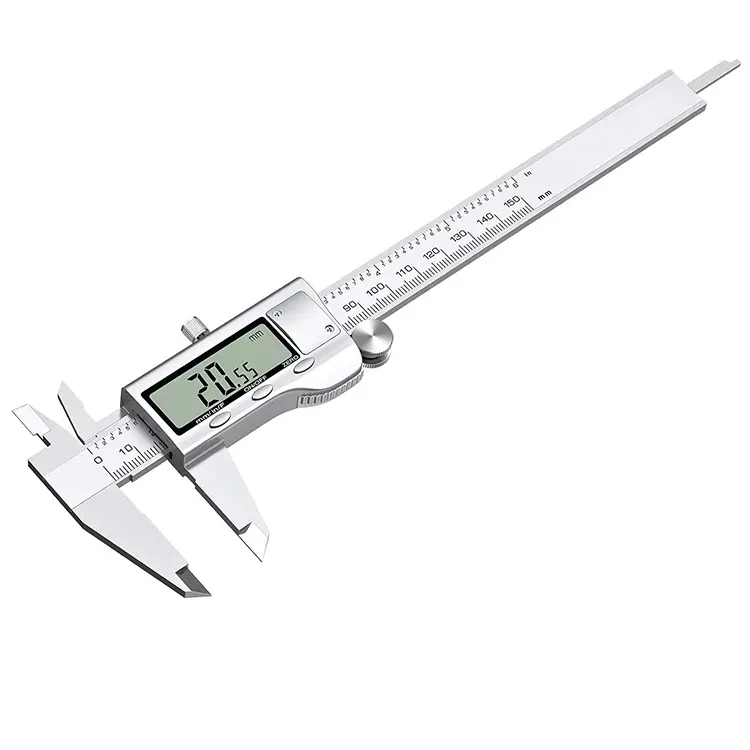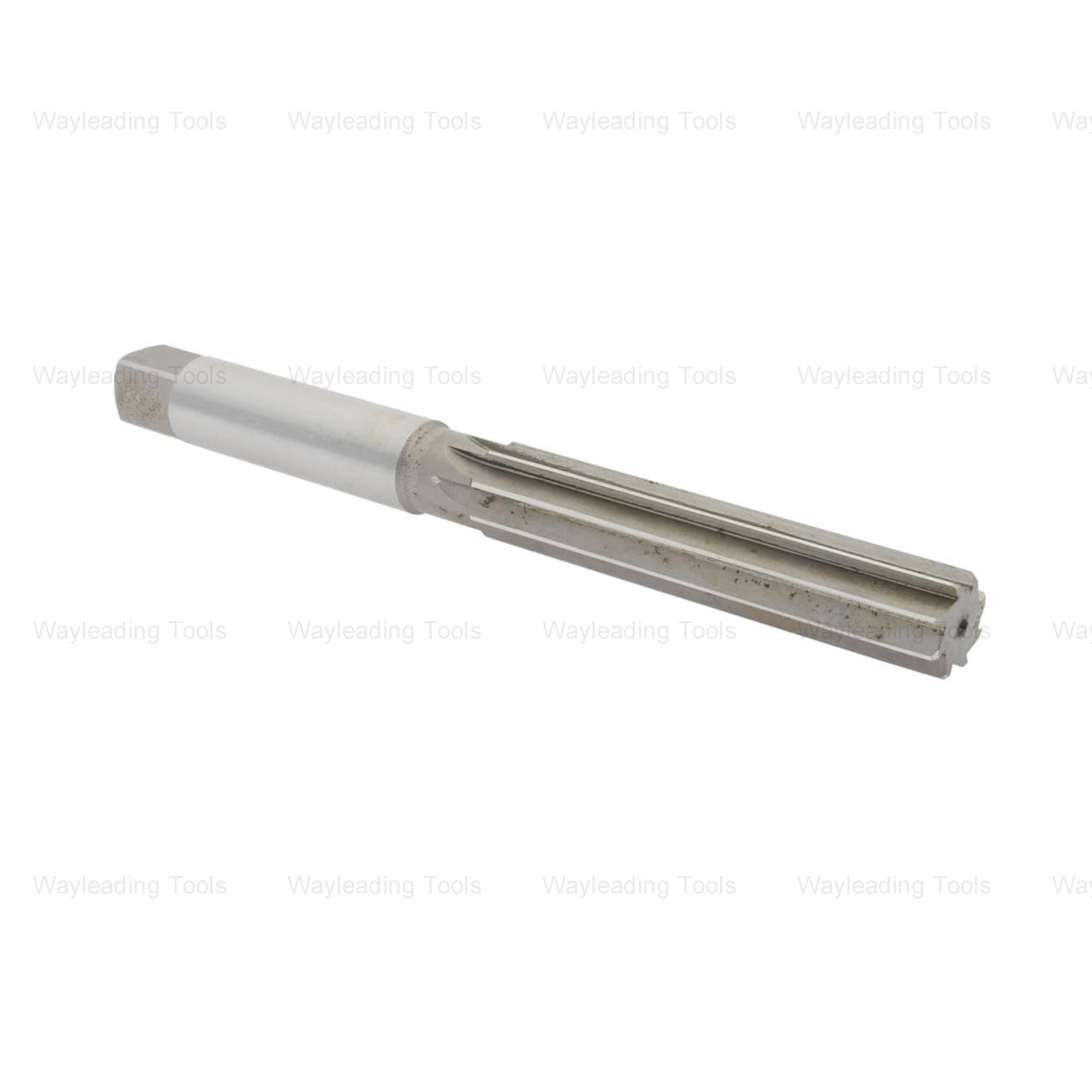boring tool Suppliers
Finding reliable boring tool suppliers can be challenging. This guide explores the key factors to consider when sourcing boring tools, from quality and precision to cost-effectiveness and supplier reputation. Learn how to identify the best suppliers for your specific needs and ensure optimal performance in your machining operations.
Understanding Your Boring Tool Needs
Before you even begin looking for boring tool suppliers, it's crucial to understand your specific requirements. What materials will you be working with? What tolerances do you need to achieve? What is the volume of your production runs? Answering these questions will help you narrow down your search and identify suppliers who can meet your demands.
Material Considerations
The material you're boring will significantly impact the type of boring tool you need. Different materials require different cutting geometries and coatings. For example, boring aluminum might require a tool with a high positive rake angle, while boring hardened steel might necessitate a tougher, more wear-resistant coating like TiAlN. Consider these materials:
- Steel (mild, alloy, hardened)
- Aluminum
- Stainless Steel
- Cast Iron
- Plastics
Tolerance Requirements
Tolerance refers to the acceptable range of variation in the size and shape of the bored hole. Tighter tolerances require more precise boring tools and more skilled operators. Consider these tolerance ranges when choosing your supplier:
- General Purpose (+/- 0.005')
- Precision (+/- 0.001')
- High Precision (+/- 0.0005' or better)
Production Volume
The volume of your production runs will influence the type of boring tool and the supplier you choose. High-volume production may require more durable tools and a supplier who can provide consistent quality and timely delivery. Low-volume production may allow for less expensive tooling options.
Key Factors When Choosing Boring Tool Suppliers
Once you understand your needs, you can start evaluating potential boring tool suppliers. Here are some key factors to consider:
Tool Quality and Precision
The quality and precision of the boring tool directly impact the accuracy and finish of your bored holes. Look for suppliers who offer tools made from high-quality materials, such as carbide or high-speed steel, and who have a reputation for precision grinding and manufacturing.
Range of Products Offered
Does the supplier offer a wide range of boring tools to meet your diverse needs? Look for suppliers who can provide everything from single-point boring bars to modular boring heads and specialized tools for specific applications. Consider suppliers who offer:
- Single Point Boring Bars
- Twin Cutter Boring Heads
- Fine Boring Heads
- Modular Boring Systems
- Cartridges and Inserts
Pricing and Value
While price is always a consideration, it's important to focus on value rather than just the lowest price. Consider the tool's lifespan, performance, and the potential for increased productivity. A slightly more expensive tool that lasts longer and produces higher-quality results may ultimately be a better value.
Supplier Reputation and Experience
Choose a supplier with a solid reputation for quality, reliability, and customer service. Look for suppliers who have been in business for many years and who have a proven track record of satisfying their customers. Read online reviews and ask for references to get a sense of the supplier's reputation. Companies like Wayleading Tools, for example, have built reputations on consistent quality and support.
Technical Support and Expertise
Good boring tool suppliers should offer technical support to help you select the right tools for your application and troubleshoot any problems you may encounter. Look for suppliers who have experienced engineers and technicians on staff who can answer your questions and provide expert advice.
Evaluating Boring Tools: Features and Benefits
Let's delve into specific features to look for when evaluating boring tools:
Adjustability
Many boring tools offer adjustability, allowing you to fine-tune the bore diameter. This is especially important for achieving tight tolerances and for compensating for tool wear. Look for tools with easy-to-use adjustment mechanisms and clear, accurate scales.
Coolant Delivery
Coolant delivery is crucial for chip evacuation, reducing heat, and improving tool life. Consider tools with through-coolant capabilities, which deliver coolant directly to the cutting edge.
Interchangeable Heads and Cartridges
Modular boring systems with interchangeable heads and cartridges offer flexibility and cost savings. You can use the same boring bar with different heads to perform a variety of operations, reducing the need for multiple dedicated tools.
Examples of Reliable Boring Tool Suppliers and Their Products
While specific recommendations depend on your individual needs, here are some examples of reputable boring tool suppliers and the types of products they offer:
- Sandvik Coromant: Known for their high-performance cutting tools, including a wide range of boring bars, heads, and cartridges.
- Kennametal: Offers a comprehensive selection of boring tools, including modular systems, fine boring heads, and custom solutions.
- Walter Tools: Specializes in precision tooling, including boring tools for a variety of materials and applications.
- ISCAR: Offers innovative boring solutions with advanced cutting geometries and coatings.
- Wayleading Tools: Provides reliable and cost-effective boring tools, focusing on customer satisfaction and technical support. Their website, www.wayleading.com, offers a detailed catalog.
Cost-Saving Strategies for Boring Tool Procurement
Here are some strategies to minimize your costs when purchasing boring tools:
Negotiate Volume Discounts
If you purchase boring tools in bulk, negotiate volume discounts with your suppliers. Many suppliers are willing to offer lower prices for larger orders.
Consider Regrinding and Reconditioning
Instead of replacing worn boring tools, consider regrinding and reconditioning them. This can significantly extend the life of your tools and save you money in the long run. Many boring tool suppliers, including Wayleading Tools, offer regrinding services.
Optimize Cutting Parameters
Optimizing your cutting parameters, such as cutting speed, feed rate, and depth of cut, can help to extend the life of your boring tools. Consult with your supplier or a machining expert to determine the optimal parameters for your specific application.
Comparing Different Types of Boring Tools
The table below provides a basic comparison of different types of boring tools.
| Tool Type | Application | Advantages | Disadvantages |
|---|---|---|---|
| Single Point Boring Bar | General purpose boring | Simple, inexpensive | Limited adjustability |
| Twin Cutter Boring Head | Roughing and finishing in one pass | Efficient, good surface finish | More expensive |
| Fine Boring Head | High-precision boring | Excellent accuracy, fine adjustments | More delicate |
| Modular Boring System | Versatile boring applications | Flexible, adaptable | Higher initial investment |
Conclusion
Choosing the right boring tool suppliers is critical for achieving optimal performance in your machining operations. By understanding your needs, evaluating potential suppliers based on key factors, and considering cost-saving strategies, you can find the best tools for your budget and requirements. Remember to prioritize quality, precision, and reliability when making your decision. And don't hesitate to leverage the expertise of suppliers like Wayleading Tools to help you find the perfect boring solutions.
Related products
Related products
Best selling products
Best selling products-
 Metric HSS Annular Cutters With Weldon Shank For Metal Cutting
Metric HSS Annular Cutters With Weldon Shank For Metal Cutting -
 Precision V Block Set With High Quality Type
Precision V Block Set With High Quality Type -
 Inch HSS 1/2″ Reduce Shank Drill Bit For Metal Cutting Of High Precision
Inch HSS 1/2″ Reduce Shank Drill Bit For Metal Cutting Of High Precision -
 HSS Metric Square Tool Bit With Industrial Type
HSS Metric Square Tool Bit With Industrial Type -
 Single Wheel Knurling Tools With Straight Pattern For Industrial Type
Single Wheel Knurling Tools With Straight Pattern For Industrial Type -
 Precision Digital Caliper Of Metal Case For Industrial
Precision Digital Caliper Of Metal Case For Industrial -
 Precision Outside Micrometer Of Inch & Metric With Rachet Stop
Precision Outside Micrometer Of Inch & Metric With Rachet Stop -
 Precision Monoblock Vernier Caliper – Metric & Inch, Industrial Use
Precision Monoblock Vernier Caliper – Metric & Inch, Industrial Use -
 Carbide Tipped Hole Cutter For Cutting Stainless Steel And Iron Or Steel Plate
Carbide Tipped Hole Cutter For Cutting Stainless Steel And Iron Or Steel Plate -
 HSS ISO Metric Round Die Wieh Splite Or Adjustable Splite Type
HSS ISO Metric Round Die Wieh Splite Or Adjustable Splite Type -
 Precision 7pcs Angle Blocks Set With High Quality Type
Precision 7pcs Angle Blocks Set With High Quality Type -
 HSS Hand Reamers – Metric & Inch Sizes, Straight or Spiral Flutes
HSS Hand Reamers – Metric & Inch Sizes, Straight or Spiral Flutes











